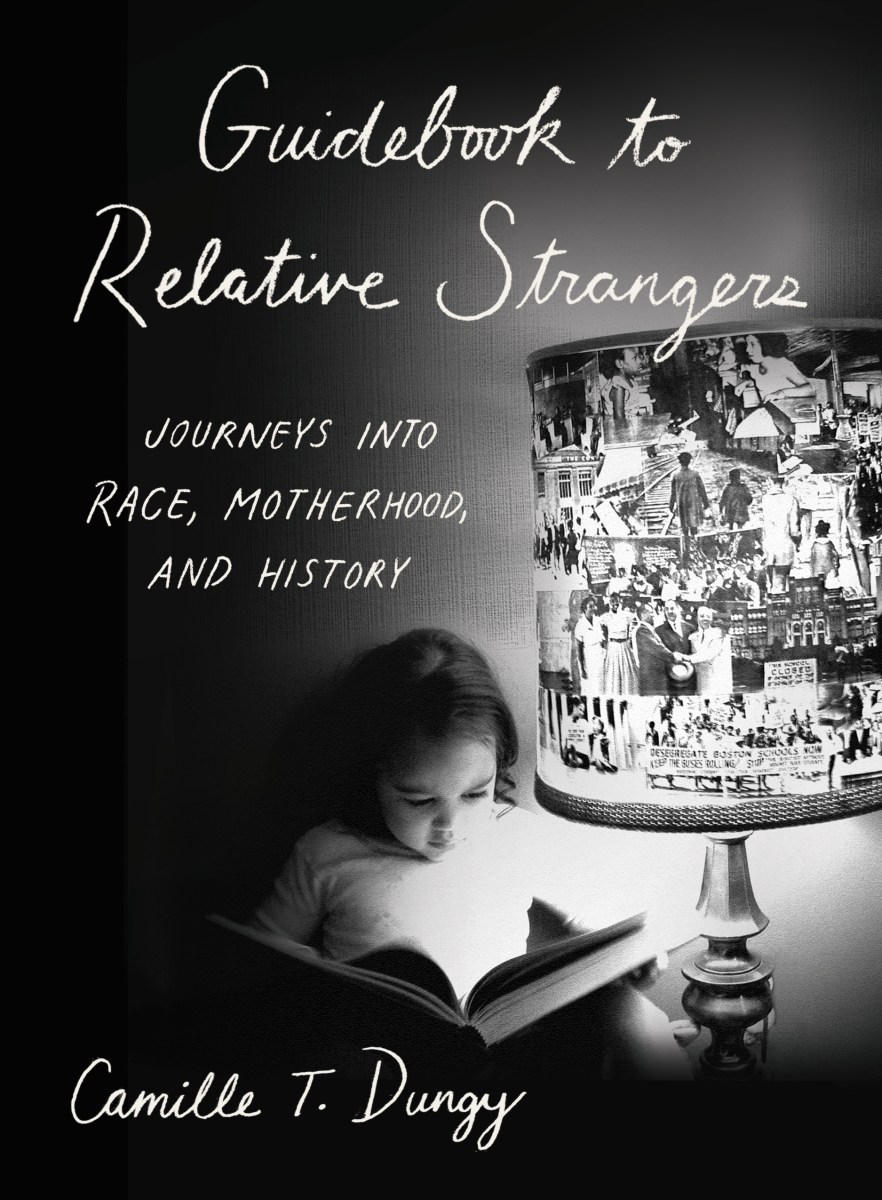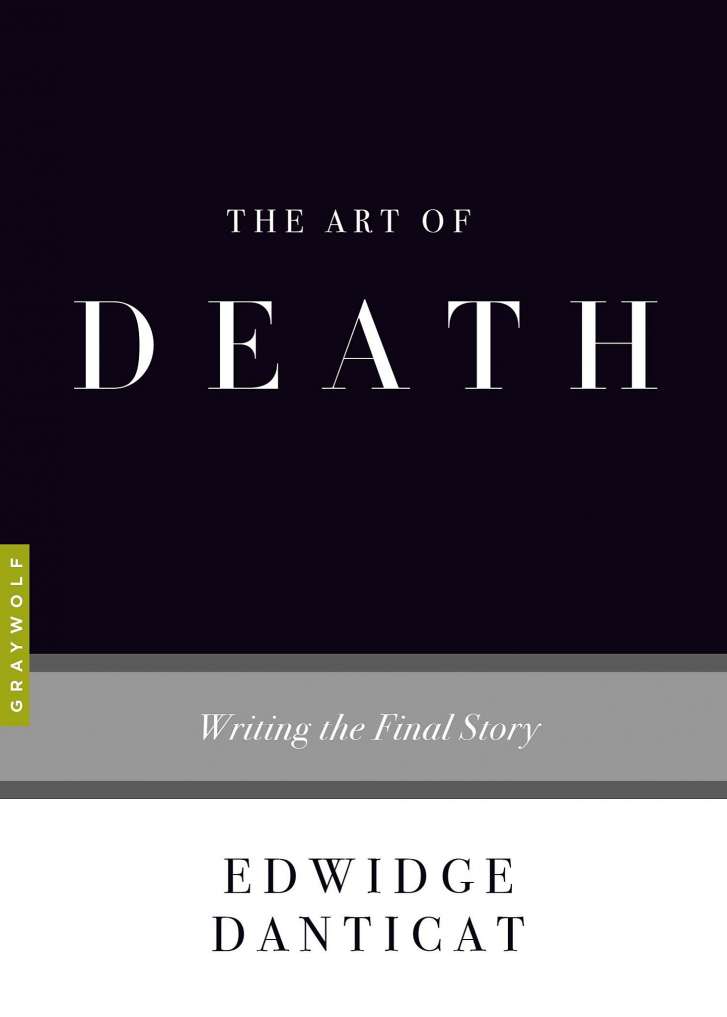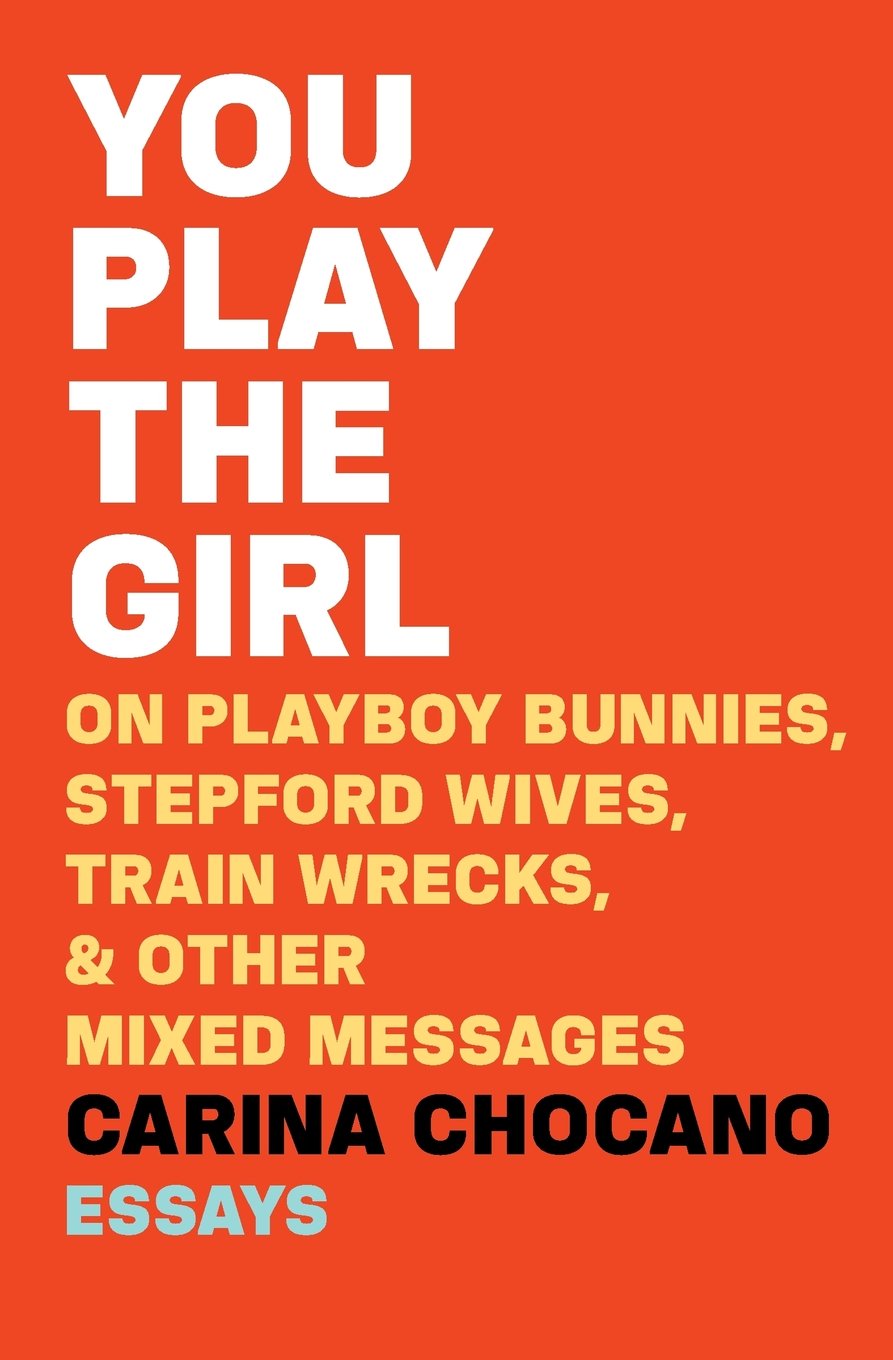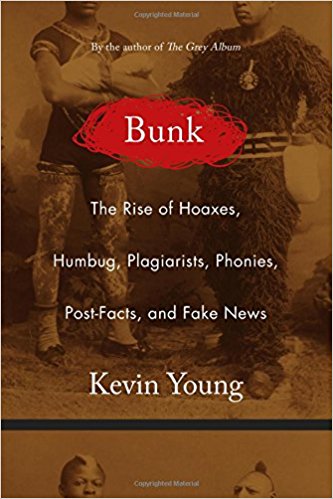The MFA students from the Creative Writing at The New School interviewed the NBCC finalists for the 2017 year. The interviews are also published at Brooklyn Magazine.
Daniel Benhamu interviewed Camille T. Dungy about her essay collection A Guidebook to Relative Strangers (W.W. Norton & Company).
 Daniel Benhamu: Considering that you are primarily a poet, Guidebook to Relative Strangers is your debut book of essays. It is my understanding that this book originally started out as a memoir, and transformed into a sort of traveling journal of your career as a writer and new role as a mother in the first few years of your daughter’s life. Was this outcome the direction you were always headed toward?
Daniel Benhamu: Considering that you are primarily a poet, Guidebook to Relative Strangers is your debut book of essays. It is my understanding that this book originally started out as a memoir, and transformed into a sort of traveling journal of your career as a writer and new role as a mother in the first few years of your daughter’s life. Was this outcome the direction you were always headed toward?
Camille T. Dungy: This book started the same way all my books do: I was curious about the world in which I found myself at a particular moment, and I started taking notes. These notes seemed to want to be organized in the manner you read now in Guidebook to Relative Strangers. I didn’t sit down one day and say, “I’m going to write a memoir.” I can’t imagine going about things like that, though I imagine there are writers who could.
I was keeping notes about my experiences traveling as a black woman and also about my experiences becoming a mother. I was working towards a deeper understanding of what was being revealed to me about who I was and who I was becoming, and also about who we were as a nation. These notes began to overlap and speak to each other and, after a lot of hours at the desk, the book’s path began to reveal itself to me.
Kelly McHugh-Stewart interviewed Edwidge Danticat about her book The Art of Death: Writing the Final Story (Graywolf Press).
 The Art of Death is a masterful addition to Danticat’s body of work. From the painstakingly thorough reflection on her own mother’s death to the literature she so flawlessly references, I’ve yet to come across a book as helpful on writing about death as this one. I had the great opportunity to talk to Danticat about writing The Art of Death, returning to New York, her mother’s home, for the NBCC Awards, and about the importance of keeping the stories of our loved ones alive.
The Art of Death is a masterful addition to Danticat’s body of work. From the painstakingly thorough reflection on her own mother’s death to the literature she so flawlessly references, I’ve yet to come across a book as helpful on writing about death as this one. I had the great opportunity to talk to Danticat about writing The Art of Death, returning to New York, her mother’s home, for the NBCC Awards, and about the importance of keeping the stories of our loved ones alive.
Kelly McHugh-Stewart: First off, how did this book come about?
Edwidge Danticat: The wonderful poet, Kima Jones, interviewed me then sent me the book, The Art of Recklessness. I read it and loved it. I had never heard of “The Art of…” series before, so I got every one of them and started binge reading. It was such a great series, and I thought that if you read the whole series it was like having an MFA. I knew I wanted to write something about my mother and thought this would be a good way to do it. I was at the airport in New York at the time and I wrote this one-page proposal. I thought, I have to do this, I want to do this, I need to do this.
Katy Hershberger interviewed Carina Chocano about her book You Play the Girl (Mariner Books).
 While reading stories like Sleeping Beauty and Alice’s Adventures in Wonderland to her young daughter, pop culture critic Carina Chocano noticed—not for the first time—the cognitive dissonance between media representations of women and the reality of women’s lives. Her book You Play The Girl combines feminist texts, news stories, criticism, philosophy, and her personal experience to examine The Bachelor and Amy Schumer and highlight issues such as the economics of marriage, the problem with thinking of parenting as a job, and the idea that women’s experiences are niche while men’s are universal. The book is richly layered, insightful, and often darkly funny as Chocano shifts deftly between discussions of Playboy Bunnies and Judith Butler, Mad Men and Virginia Woolf, Sandra Bullock and Slavoj Žižek.
While reading stories like Sleeping Beauty and Alice’s Adventures in Wonderland to her young daughter, pop culture critic Carina Chocano noticed—not for the first time—the cognitive dissonance between media representations of women and the reality of women’s lives. Her book You Play The Girl combines feminist texts, news stories, criticism, philosophy, and her personal experience to examine The Bachelor and Amy Schumer and highlight issues such as the economics of marriage, the problem with thinking of parenting as a job, and the idea that women’s experiences are niche while men’s are universal. The book is richly layered, insightful, and often darkly funny as Chocano shifts deftly between discussions of Playboy Bunnies and Judith Butler, Mad Men and Virginia Woolf, Sandra Bullock and Slavoj Žižek.
Recently Chocano talked about the rare portrayal of women as monstrous geniuses, how pop culture can define you, and the common fallacy that sexism is over.
Katy Hershberger: I want to ask about the genesis of these essays. Were they topics you’d already been thinking about, or had you been watching and consuming media that then brought about these ideas?
Carina Chocano: It’s hard to say. I know that I had always thought about these things and always questioned the place of women in society across classes and races and socioeconomic status. When I started working as a critic and I started being assigned the stories that were considered more aimed at women, or even when I wasn’t, the female characters that I saw were always so dissonant. They always felt like these fictions that I was meant to identify with. I felt like there were very few authentic female voices in mass media and very few accurate representations. Criticism became a way to talk back.
After I’d been at the LA Times for five years and I was laid off, my daughter was four months old, and I’d spent the last year there getting increasingly depressed at the images I was seeing on the screen. Being pregnant and feeling like “Wow, this is the prospect? I might as well go smoke a pack of cigarettes.” I’d been thinking about the book but then I came across an interview where Isla Fisher was home in Australia. This was a few years after she’d done Wedding Crashers. It was a breakout part for her and she stole the show, she was really funny. She was asked by the interviewer, “You must be getting all kinds of offers.” And she said, “No I’m not. At first I thought there was something wrong with me, and then I realized that in Hollywood all the parts are written for men and you play the girl.”
That sentence really clicked with me. This was early days of online harassment and she was immediately trolled by media outlets who picked up that line and ran it under headlines like “Borat Babe Plans Sex Revolution” and everyone made fun of her. I remember two things: one was that I felt like, I’m not the only person who feels this way; and second is that it’s dangerous to speak out against this.
Darren Lyons interviewed Kevin Young about Bunk: The Rise of Hoaxes, Humbug, Plagiarists, Phonies, Post-Facts and Fake News (Graywolf).
 Bunk is author Kevin Young’s deeply-researched book on the history of the hoax in all its forms, from humbug to plagiarism, and on to “fake news.” The book relates these hoax phenomena to the major issues we face today, issues of stereotyping, race, and gender. It’s a deeply-affecting book that’s directly relevant to understanding our contemporary reality, and it offers a lens for moving forward.
Bunk is author Kevin Young’s deeply-researched book on the history of the hoax in all its forms, from humbug to plagiarism, and on to “fake news.” The book relates these hoax phenomena to the major issues we face today, issues of stereotyping, race, and gender. It’s a deeply-affecting book that’s directly relevant to understanding our contemporary reality, and it offers a lens for moving forward.
Darren Lyons: Congratulations on your National Book Critics Circle Award nomination. I really enjoyed your book, Bunk. It was a game-changer for me, and we’ll get into that in the interview.
Kevin Young: Thanks.
DL: You’re welcome. First of all, immediately from the first chapter, it was my impression that you’d written this book with a poet’s eye, your close attention to the meanings and derivations of words, the often-humorous turns-of-phrases. Was this a conscious effort on your part, to style the book in this way?
KY: I think I’m a poet no matter what. I think it just happens that way, but the advantage is, besides the things you mentioned, I also hope that it means that I’m thinking about the connections, and I think poets make metaphors, which is a kind of connection, and that’s what I was trying to do with this book.
DL: Yeah, I definitely got that feeling immediately. A thread you follow throughout the book is the link between hoaxes and stereotypes, particularly related to race and gender. Can you talk a little about that?
KY: Yeah. I think the hoax tries to use shortcuts to get us to believe it, or at least, to fall for it for a little while, and I feel like stereotypes are a way it does it. I think a hoax is often making use of race and is always interested in the deep divisions that divide us, in society, and this is just one more example of using these stereotypes, but they’re just a form of cliché and shorthand that lets them not have to say much, but say it all.

